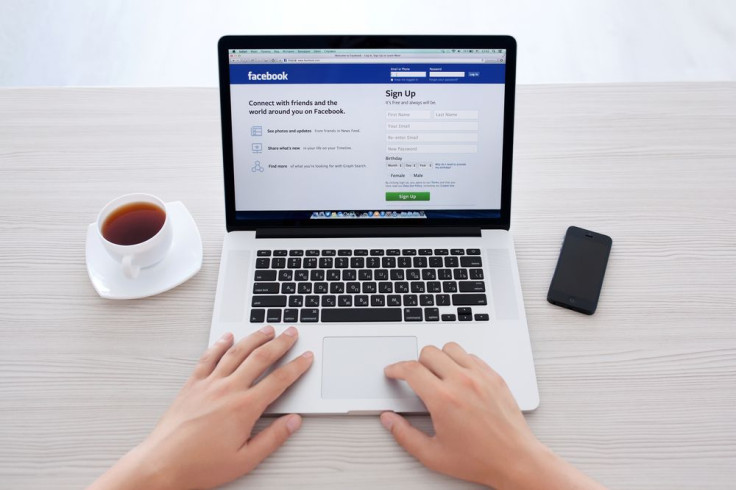Social Networking: Facebook Users Don't Always Have Poor Body Image Or A Risky Diet

Maybe Facebook is not as bad as we think it is for college-aged students. In a new study from the University of North Carolina's School of Medicine, published in the Journal of Adolescent Health, researchers found that college women who were more emotionally invested in Facebook and had lots of "friends" were less concerned with body shape and less likely to engage in risky or unhealthy dieting behaviors — as long as they weren't comparing themselves to other women.
The researchers had 128 college-aged women complete an online survey that was meant to determine whether any of the participants engaged in unhealthy eating habits, ranging from taking diet pills to fasting to vomiting after meals. They were also asked if they worried about the size of their own bodies and about their connection to Facebook. Their "connection" to Facebook was gauged by the amount of times they visited the site each day, how integrated the site was in their daily life, and the number of friends each participant had.
"We really wanted to examine how each college woman used Facebook when posting pictures online," said Dr. Stephanie Zerwas, senior author of the study and assistant professor of psychiatry at the University of North Carolina's School of Medicine, in a statement. "Is she thinking, 'I'm posting this picture to share a fun moment with my friends' or is she thinking 'I want to post this picture to compare how my body looks to my friends' bodies."
The negative attention that previous social media studies have garnered after finding links to disordered eating led the researchers to believe their study would yield similar results — women comparing themselves to other women's photos, and thus a higher chance of disordered eating. But while the team found that women who were heavily invested in Facebook compared themselves to other women, they also found that as long as a woman didn't compare herself to others, she could be highly invested in the social network without developing problems with body image or risky eating habits.
Social media habits have been scrutinized since these platforms began to dominate the way we connect with one another. The Pew Research Center reported that as of 2014, 74 percent of adults who go online use social networking sites, and that they are used more by younger women aged 18 to 29 than men. Seventy-one percent of adults who go online used Facebook as a social networking tool.
Nevertheless, social networking sites like Facebook provide a way for people to connect with friends and family, despite any negative effects they might have. That said, it is important to use Facebook healthily and to examine your own social media habits.
"I think that Facebook could be an amazing tool to nurture social support and connections with friends and families," Zerwas said. "If you're getting that kind of social support from the site, you might be less likely to be worried about your body size. But if you're using it as a measuring stick to measure how your body appears in pictures compared to your friend's body, Facebook could also be used as a tool to foster dangerous dieting behavior."
Source: Walker M, Thornton L, Choudhury M, et al. Facebook Use and Disordered Eating in College-Aged Women. Journal of Adolescent Health. 2015.



























